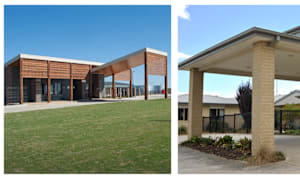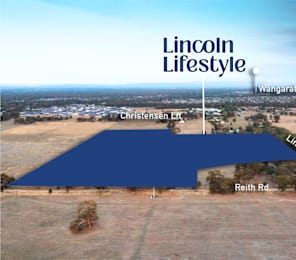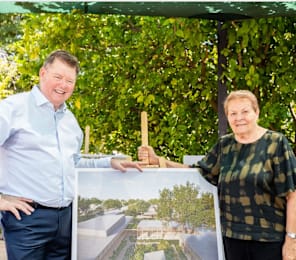The Prime Minister Scott Morrison has rejected calls from aged care providers and unions to send in the Australian Defence Force (ADF) to assist aged care homes – leaving many asking the question: do our politicians care about aged care?
As we reported yesterday, the Australian Aged Care Collaboration (ACCC), the Australian Council of Trade Unions, the Australian Nursing & Midwifery Federation, Health Services Union, United Workers Union and Australian Workers Union joined forces to release a statement mid-morning yesterday calling for urgent action to help with staff shortages in residential care.
In an impassioned statement, the group warned the sector was at crisis point amid ongoing shortages of Rapid Antigen Tests (RATs) and PPE supplies with mass resignations among staff.
Over 1,000 of Australia’s 2,700 aged care homes are now experiencing COVID-19 outbreaks with hundreds more expected to be impacted as the Omicron wave sweeps through the country.
Fed Govt knew of ADF request
ACSA tells us that prior to the release, there were discussions with the Minister and the Department for ADF support on a requested basis for aged care providers.
But speaking at a press conference at the same time, Mr Morrison appeared to be unsympathetic to the plight of staff, residents and families, arguing that defence personnel are “not a surrogate aged care workforce”.
“They can’t just make those problems go away. They will continue to be challenges in aged care. That is a problem of the virus. And it’s a problem that has been seen in many jurisdictions.”
PM says aged care workers in short supply everywhere
The PM did acknowledge that the biggest challenge facing the aged care sector was workforce shortages – but again seemed to write this off as a commonplace problem.
“I know it is very challenging for the aged care sector, but aged care workers are in short supply,” he stated.
“They’re in short supply in every country that is facing this crisis. You’ll find it in Canada, the UK, Europe and the United States. You’ll find it everywhere. So, it’s not unique to Australia and the surveillance tests and the tests that are there to ensure that we can deal with the outbreaks, which means these outbreaks have been well managed.”
“Not having the same devastating effect”: Morrison
Mr Morrison added that many of the outbreaks involved staff members rather than residents.
“Omicron is going to move far more quickly than the previous strains of the virus. And so, it is not unexpected that we would see the virus getting to more places, but it is not having the same devastating effect that it had previously.”
The stories we have heard from those working in the sector this week completely challenge this view – family members called in to work in the kitchens, head office staff working on the frontline and residents missing out on services.
Aged and Community Services Australia (ACSA) CEO, Paul Sadler, tells us:
“The Omicron wave is an emergency for aged care.
“As we deal with Omicron and enter the third year of the pandemic, the aged care system and our dedicated workforce have been pushed to the brink. We have serious staff shortages and furloughing across residential and home care and this flows on to risks and pressure on the quality of care for older people.”
Surely Mr Prime Minister, this qualifies as “devastating”?
Do our politicians care?
At the same time, we have Labor on the campaign trail looking to grab votes on the back of the aged care crisis – but do they care about what is happening on the ground?
Almost 12 months on from the Royal Commission’s Final Report, the aged care sector remains challenged on workforce and funding – and the people who suffer are the residents, their families and staff who have worked through two years of a global pandemic.
It is vital that Australia understands it is not receiving a world best aged care system.
It is vital that older Australians understand that our system is designed by politicians and it is the politicians that are limiting their choice and quality of life in their final years.










